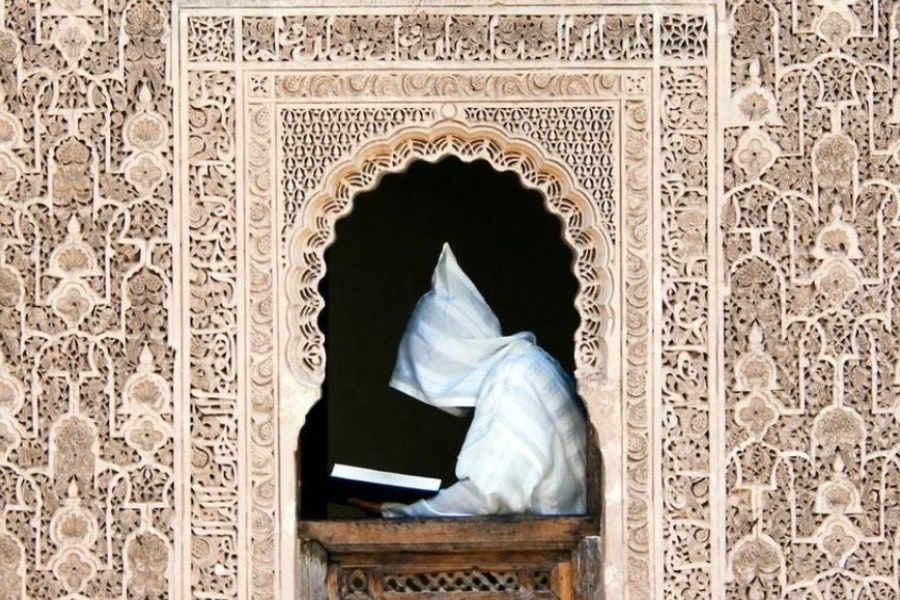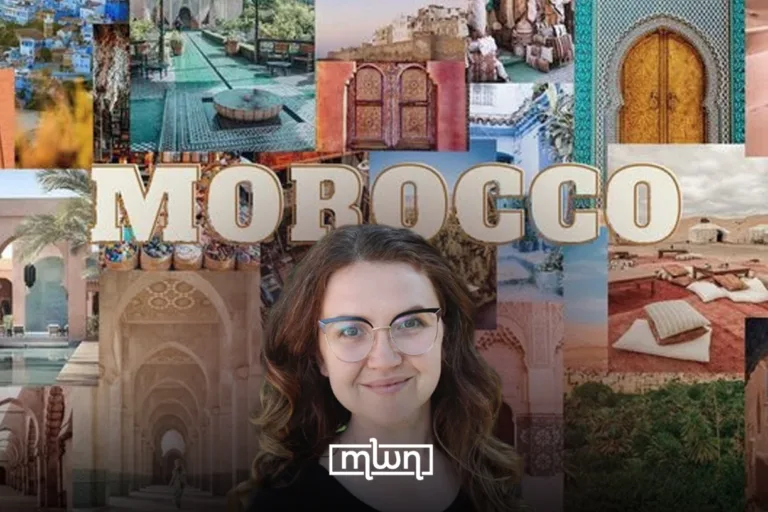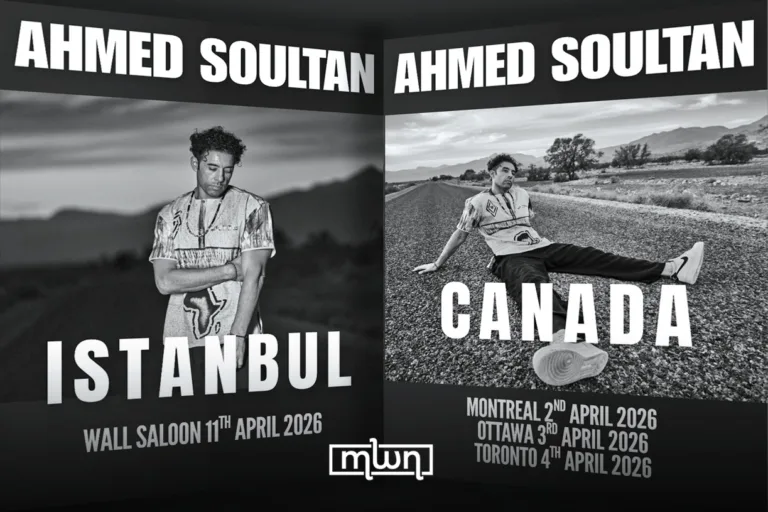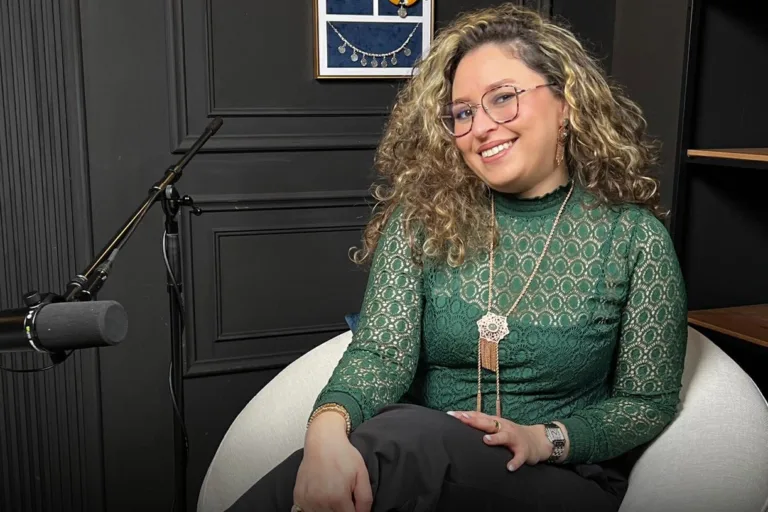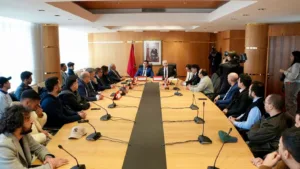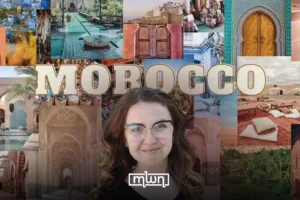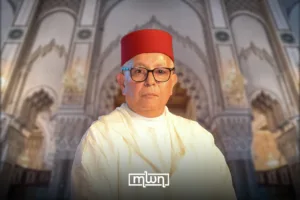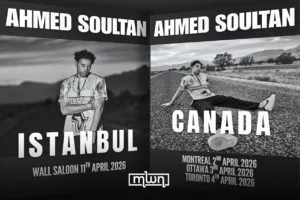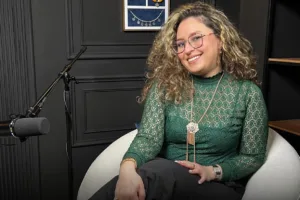Fez – In Morocco, religion isn’t reserved for the mosque alone; it’s tucked into hellos, thank yous, and everyday exchanges that glide by so naturally, we forget how spiritual they actually are.
Islam is so deeply rooted in our routine that even casual chats carry echoes of centuries-old faith.
It’s not something we think about, it’s just how we speak.
Start with the basics: say hi in Morocco and you’re most likely to hear “Assalamu Alaykum.”
That’s not just “hi;” it’s a full-on prayer for peace. And you’re not just greeting someone, you’re wishing peace upon them. It’s beautiful, and we say it like it’s nothing.
Then there’s goodbye. While “bslama” is common, you’ll often hear “Allah yeawn”: “May God help you” or “May God support you.”
Again, it’s not a simple farewell. It’s a whispered blessing tucked into a goodbye.
But the story of Islam’s sweet invasion of daily Moroccan phrases doesn’t stop there. Say thank you, and chances are you’ll go for “Baraka Allahu fik”: “May God bless you.”
Or “Allah y’rhem lwalidin,” meaning “May God have mercy on your parents.” It’s gratitude with depth. It’s like saying: You’ve helped me, and I want blessings for your whole family line in return.
Now try apologizing. You could say “smeh liya,” but it’s not unusual to hear “Allah ysamh” literally, “May God forgive you.”
Read also:
It’s a spiritual level-up from “sorry,” and it adds a moral and emotional weight that regular language just doesn’t carry.
Even the humble “please” often becomes “Allah ykhalik”: “May God preserve you.”
We ask kindly, but always with that divine layer added on top.
In Morocco, these phrases are habits. They are oven so tightly into our daily speech, we don’t even notice we’re reciting mini prayers throughout the day.
But what this really shows is how Islam isn’t something Moroccans take out of a drawer for Friday prayers. It’s everywhere.
It’s embedded. It’s in the way we talk, the way we give thanks, and even the way we make requests.
And while younger generations might mix in more Darija, French, or even English, the spiritual fabric stays intact.
You might say “merci,” but don’t be surprised if it’s followed by “Allah ykhellik.” That mix? That’s basically the essence of the Moroccan way of living, of being.
These expressions prove one thing: in Morocco, spirituality isn’t performed, it’s lived, spoken, and passed from tongue to tongue, one sacred syllable at a time.

